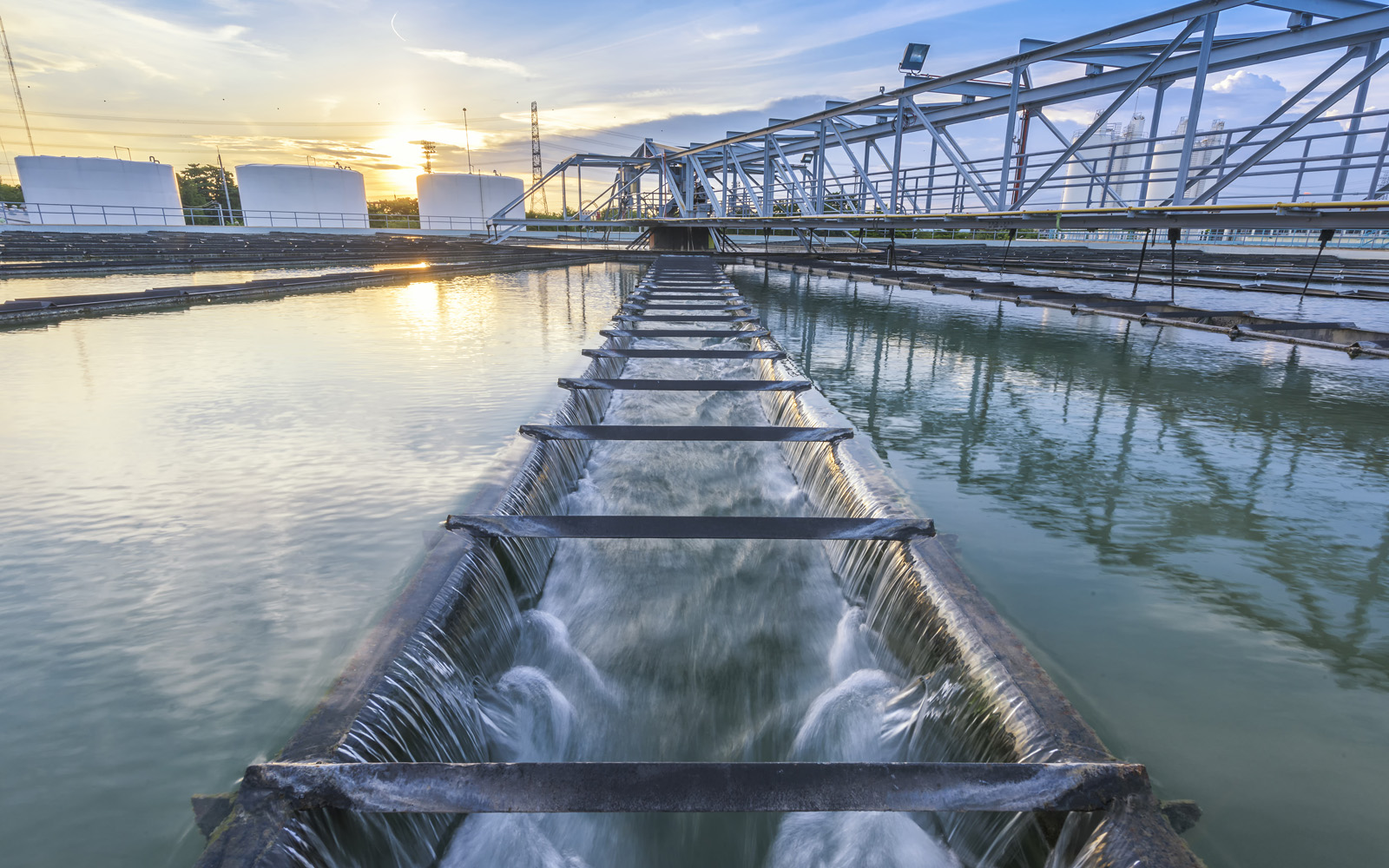Evaluating Residuals Management at Drinking Water Treatment Facilities

Project Brief
The Challenge
To protect public health and the environment, the U.S. Environmental Protection Agency regulates industrial wastewater discharges under the Clean Water Act. EPA identified drinking water treatment plants as a potential candidate for regulation, and needed a comprehensive information base and analysis to determine whether to regulate this source category.
ERG's Solution
ERG provided multifaceted data gathering and analytical support, over several years, to enable thorough EPA evaluation and final decision-making. ERG collected detailed data on drinking water supply and treatment facilities—including operations, wastewater treatment, and discharges—from EPA programs, trade associations, treatment vendors, state and regional agencies, trade literature, and site visits. Informed by this data, ERG developed, administered, and documented the results of a survey of over 600 drinking water utilities serving more than 10,000 people.
To enhance understanding of potential regulatory impacts on drinking water utilities, ERG evaluated best management pollution prevention, treatment, and control options available to the industry; documented their applicability to various waste streams; and compared their capital, operating, and maintenance costs. We worked with EPA and stakeholders to optimize our approach to estimating compliance costs and pollutant loading reductions, and to appropriately characterize drinking water facilities. ERG documented the results of this project in a comprehensive report that included guidance for state and EPA region permit writers.
Client
U.S. Environmental Protection Agency